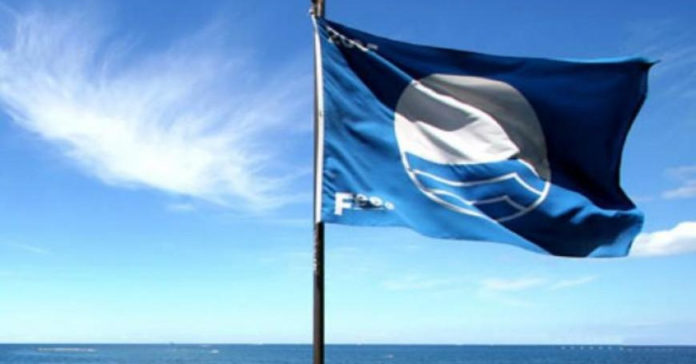Santorini island news
One More “Blue Flag” for Santorini Beaches – Seven in Total
Greece Maintains Second Place Worldwide for Blue Flags
Yesterday (May 15), the Hellenic Society for the Protection of Nature (HSPN), the National Operator of the International “Blue Flag” Program in Greece, announced the 2025 awards for beaches, marinas, and tourist boats.
This year, the International Committee awarded 4,302 beaches, 736 marinas, and 158 tourist boats worldwide. Greece remains in second place globally among 52 countries, with 623 awarded beaches, 17 marinas, and 17 tourist boats. Notably, Greece has shown a steady upward trend, with more than 600 awarded sites each year. Greece now accounts for 15% of all awarded beaches internationally.
In Greece, Halkidiki ranked first among regions with 93 flags, while Crete maintained its leading position with 153 flags.
In the South Aegean region, the Dodecanese received 52 Blue Flags, while the Cyclades were awarded 28.
The complete list of this year’s awarded sites is available here.
Seven Blue Flags for Santorini
This year, Santorini increased its Blue Flag count to seven. In addition to the existing flags at Agios Georgios, Vlychada, Kamari 1, Kamari 2, Perivolos, and Perissa, Monolithos Beach has now also been awarded.
The “Blue Flag” Program
The “Blue Flag” is one of the world’s most recognized eco-labels, awarded since 1987 to beaches and marinas that meet strict criteria. For a beach to receive the “Blue Flag” award, its water quality must be classified as “Excellent”—no lower classification, even “Good,” is accepted. The award is valid for one year.
Apart from water quality, beaches must meet 33 criteria (38 for marinas and 51 for boats), focusing on cleanliness, organization, information, safety for swimmers and visitors, environmental protection, and awareness.
International travel agencies highly value the “Blue Flag” when selecting destinations for their clients, as it guarantees high-quality services and environmental protection. This is well understood by beach managers, municipalities, hotels, and campsites that voluntarily participate in the program.
Since 2017, the program has also covered tourist boats in Greece, recognizing companies that demonstrate sustainable management practices by meeting 51 general and additional criteria for specific categories, such as diving boats.
The “Blue Flag” Program is coordinated by the Foundation for Environmental Education (FEE), based in Denmark, with members from 80 countries worldwide. In Greece, it is represented by the Hellenic Society for the Protection of Nature (HSPN), the country’s oldest national environmental organization (founded in 1951), which continues to play a vital role in environmental initiatives, nature conservation programs, and public awareness campaigns.

